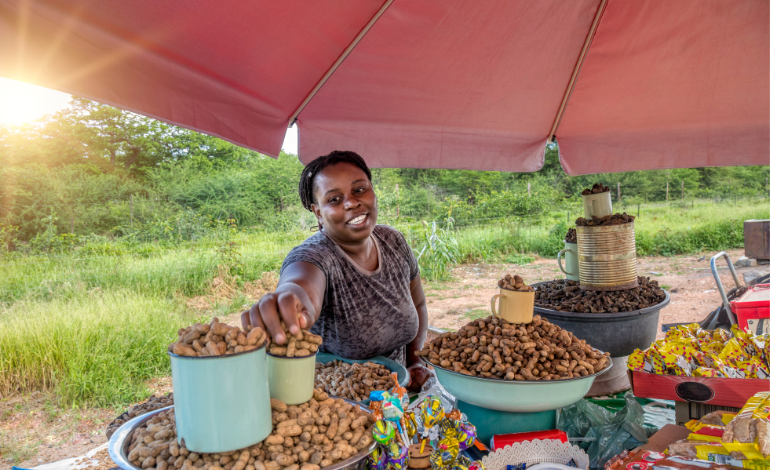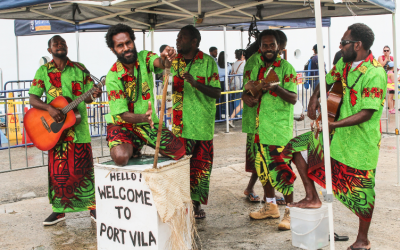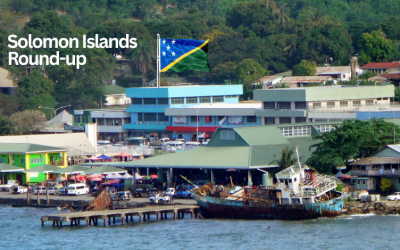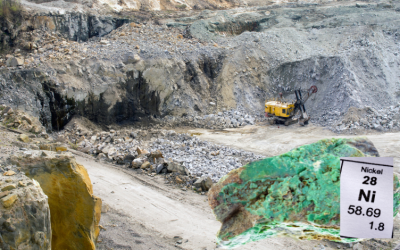A World Bank Pacific Economic Update, widely reported in late July 2025, projects regional GDP growth slowing to 2.6 per cent in 2025 (down from 5.5 per cent in 2023). The Bank highlights that only around 43% of working-age women are employed across island nations, with about 57 per cent (≈500,000 women) not working—representing a major untapped economic resource.
The Bank calculates that achieving gender parity in labour force participation could raise Pacific GDP by 22 per cent , and up to 30 per cent in Fiji. Despite Fiji being excluded from your request, the regional uplift remains valid across other Pacific countries such as Tuvalu, Solomon Islands, Samoa, Tonga, Vanuatu, Kiribati, and others.
In response, World Bank Managing Director Anna Bjerde announced a strategic pivot: increasing regional presence by relocating senior staff to Singapore, Fiji, and PNG (with expanded programming in the Pacific), and investing USD 3.4 billion in aid over the past 10–15 years toward infrastructure, trade efficiency, and health sector reforms.
Key initiatives include infrastructure resilient to climate shocks, financial inclusion schemes, trade facilitation reforms, and targeted workforce programs like childcare and paid parental leave to enable women’s employment. The Bank pressed for the removal of legal barriers in certain countries—such as night work restrictions and anti-discrimination loopholes—to unlock female labor participation, particularly in energy, fisheries, tourism, and micro-enterprises.
Governments across the region responded with policy pledges in July: Samoa, Tonga, and Vanuatu announced plans to review workplace laws; Kiribati began consultations on amending female‐unfriendly regulations; and Solomon Islands incorporated gender benchmarks into its new e‑commerce SME support programs.
This World Bank report signals a shift in regional development strategy: growth can no longer rely solely on aid or extractive industries. Instead, unlocking female empowerment is framed as essential leverage for economic transformation across the Pacific small island states.



